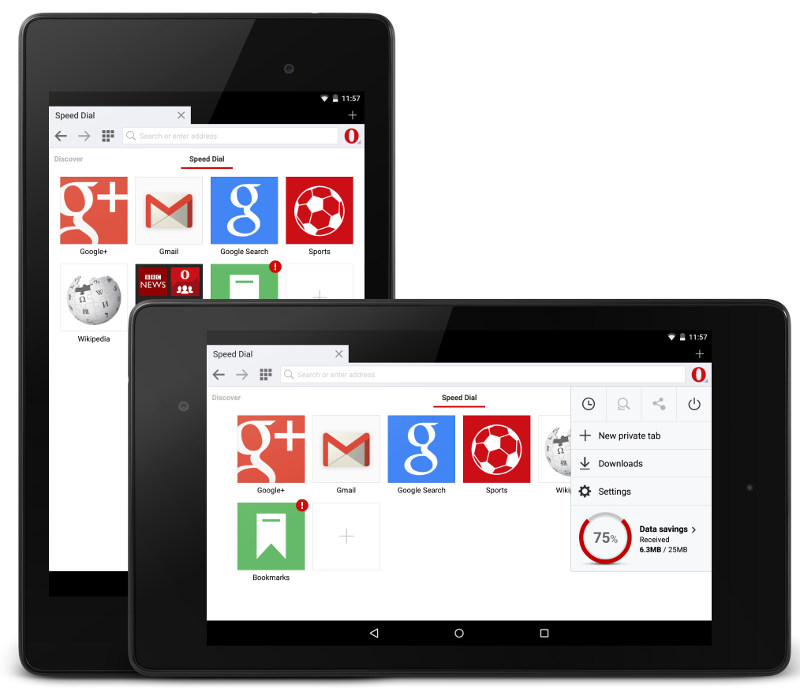

- #OPERA BETA ANDROID DRIVERS#
- #OPERA BETA ANDROID UPGRADE#
- #OPERA BETA ANDROID FOR ANDROID#
- #OPERA BETA ANDROID ANDROID#
Over the course of my testing Off-road mode reported that it had reduced data traffic by 60%. Stability is improved and the new Off-road works properly with many more sites, although it doesn’t seem to be as good at reducing data consumption as the old Opera Mini based one.
#OPERA BETA ANDROID UPGRADE#
Overall I’d rate the latest Opera Browser Beta a worthwhile upgrade from previous versions. In both cases I was able to recover by refreshing the page. The browser never crashed or force closed but a couple of times it encountered an error and displayed a sad cat graphic. In my testing I used the Beta for about 5 hours over several days. The latest Opera Browser was stable on both devices. Not surprisingly, the Opera Browser Beta struggled with Quartz, frequently displaying blank pages and freezing when I tried to scroll. The only browsers I’ve used that Quartz works properly in are iOS Safari and Firefox Mobile. On the more powerful Photon, the browser was usable on every site I tried except Quartz’s qz.com responsive site which is kind of an acid test for mobile browsers. It was usable but scrolling wasn’t particularly fluid and moving between fields on some web forms caused the browser to freeze momentarily. Opera Beta performed much like the Chrome browser on the same phone.
#OPERA BETA ANDROID ANDROID#
On the Nexus, which has a single core processor and only 512 MB of RAM, performance was a bit degraded compared to Opera Mobile Classic or the Android browser. The font issue seems to be specific to either the Photon or Gingerbread as it didn’t occur on my wife’s Nexus S running Jellybean.Įxcept for the ugly font issue, Opera worked pretty well on the Photon with accurate rendering, mostly good usability and smooth scrolling, although the browser did sometimes freeze for several seconds while loading large pages. For some reason the Opera Browser displayed all text on every page using a serif font (image below, left), completely ignoring the font-families specified by the page’s designers. The Opera Beta ran quite well on the Photon except for an annoying and unexpected bug.
#OPERA BETA ANDROID DRIVERS#
I tested the new Opera Browser Beta on my somewhat dated Motorola Photon 4G, which although it has a dual core processor and 1 GB of RAM, is stuck on Gingerbread due a lack of display and camera drivers compatible with current Android kernels. So it seems we are getting reduced data use “for free” with no loss in functionality. I switched freely between the two modes and didn’t see any differences in rendering and performance between them. Opera wants Beta testers to concentrate on testing Off-road mode, so it’s enabled by default in this version. This change means that off-rode mode should be a lot better at handling the modern event-driven, JavaScript based Web which depends heavily on client side processing. images, HTML, CSS and JavaScript are compressed and sent to the client which decompresses, parses and renders everything client side. In Beta 16, Off-road mode works more like turbo mode in the Opera desktop browser. The client decompressed and displayed the binary with minimal client side processing. JavaScript, HTML and CSS were parsed and rendered in the cloud then compressed into a binary snapshot before being sent to the client.
#OPERA BETA ANDROID FOR ANDROID#
In previous Opera Browser for Android versions Off-road mode was essentially Opera Mini. The biggest change is the one to off-road mode.



 0 kommentar(er)
0 kommentar(er)
